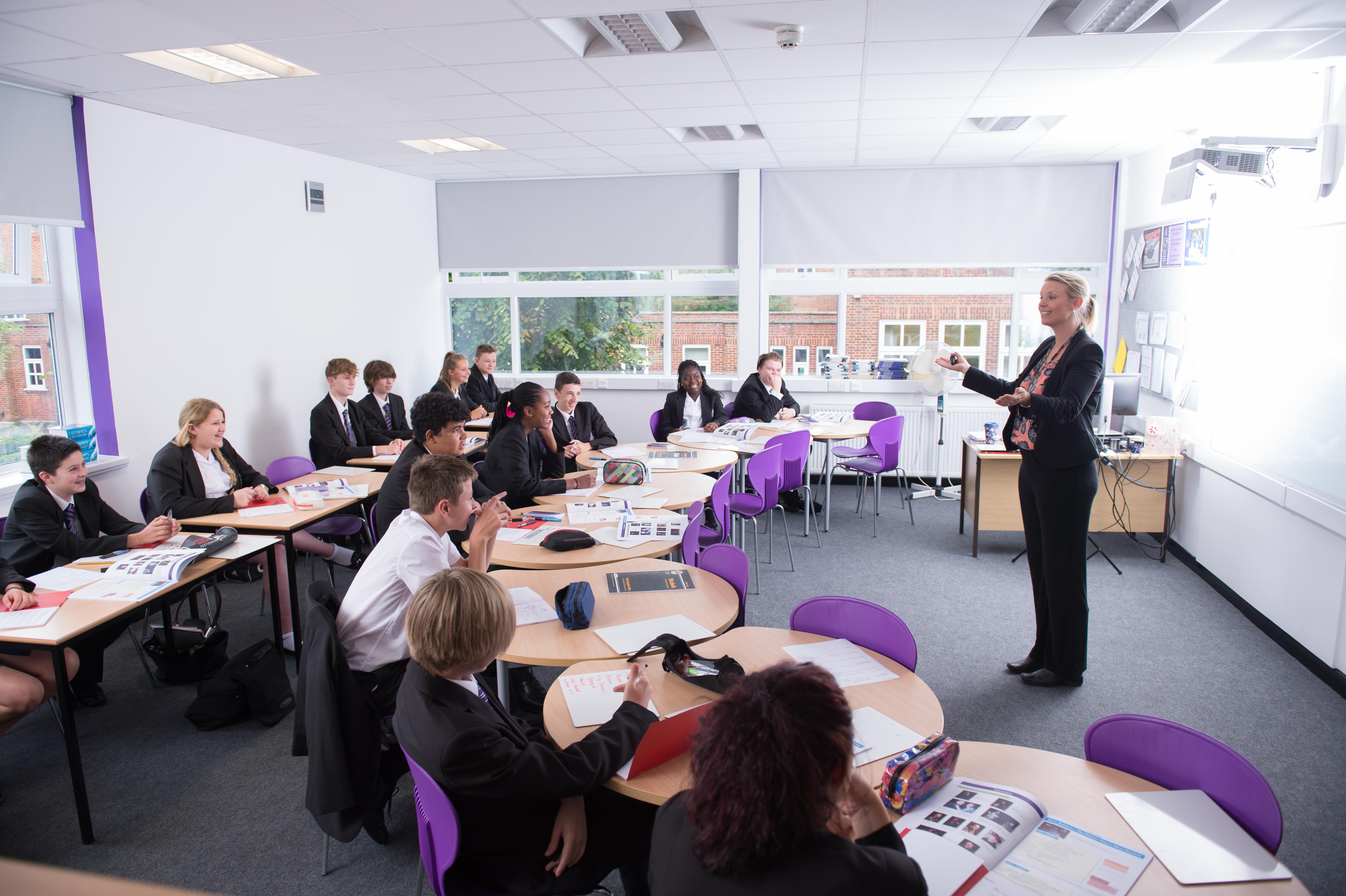What is RSE?
Relationships and sex education (RSE) is learning about the emotional, social and physical aspects of growing up, relationships, sex, human sexuality and sexual health. Healthy relationships and sex are good gifts from God and should bring joy. That’s the starting point for our response to the Government’s call for evidence on the changes to teaching Relationships and Sex Education (RSE).
It is a response rooted in our experience of providing education for one million children in our schools and working with children and young people in voluntary groups across the country.
In all these settings, what young people most desire from RSE is to learn about securing, developing and sustaining healthy relationships and knowing to recognise when and how relationships go wrong.
Children want to be prepared for the opportunities, joys, challenges and responsibilities of being in relationship with other people. RSE must provide the understanding, vocabulary and strategies children need to keep themselves safe and to thrive within good relationships of all kinds. It should give children accurate information to equip them for life in the modern world and make sure they are not harmed or negatively influenced by unrealistic or dangerous materials and expectations.
Our desire is for young people to flourish and to gain every opportunity to live fulfilled lives and RSE should teach about healthy relationships and lifestyle choices.
Schools will be encouraged to reflect their own ethos and values whilst being sensitive to the needs of the community, including the context of belief, faith, religion and culture.
In Church of England schools, RSE will be rooted in the teachings of the Church, including the importance of trust, loyalty, fidelity and the Christian understanding of marriage as the context for sexual relationships, as well as the understanding of abstinence and celibacy as positive life choices.
In partnership with parents, schools have a vital role to play in the formation of our children. Taking that responsibility seriously means we are not prepared to leave their development to the distorted representations of sex and relationships that are just a few clicks away on their phones and computers, but will actively promote staying safe, developing healthy relationships, and protecting self-esteem and good mental health. That’s what good RSE should aim for as it contributes to an education that develops dignity and respect.
Why is RSE important?
RSE equips students with the information, skills and values to have safe, fulfilling and enjoyable relationships and to take responsibility for their sexual health and well-being. It should help students to learn to respect themselves and others and move with confidence from childhood through adolescence into adulthood.
At this school we deliver RSE through PHSE lessons, Assemblies, Tutor Time and lesson time. External visitors such as the School Nurse may visit to deliver specific topics and facilitate discussions. We encourage students and teachers to share and respect each other’s views and generate an atmosphere where questions and discussion on sexual matters can take place without any stigma or embarrassment.
Year by Year
RSE topics are introduced and revisited throughout the students' school years. This enables students to reflect and teachers to go into more subject depth as the students mature.
Year 7
Students will focus on settling in. This explores relationships with their peers and adults they come into contact with. They work on friendships and self-esteem. Online safety is introduced. Students learn about looking after their bodies during puberty including managing personal hygiene and menstruation.
Topics include: Friendship; Relationships; Self-esteem/respect; E-Safety; Puberty; Menstruation; Child Sexual Exploitation.
Year 8
Students focus on families and different family structures. This covers parents, separation, divorce and how to deal with it. It also includes domestic violence. Students explore growing up in particular looking at how puberty may affect them physically and emotionally. We continue with E-Safety with a focus on child sexual exploitation (CSE) so that students can recognise when pressure from others threatens their personal safety and wellbeing.
Topics include: Relationships; Divorce/Separation; Domestic Violence; Self-esteem/respect; E-Safety; CSE; Predatory behaviour; Puberty; Menstruation
Year 9
Students look at healthy lifestyles, in particular what is healthy eating and how they can maintain this. They look at body image, peer pressure, and in relation to this eating disorders. Sexual orientation is discussed as part of the ongoing relationships education. The topic of safe sex is introduced along with contraception options. Respecting others and the subject of consent is covered. E-Safety continues and includes “sexting”.
Further Information
We recognise that Parents are the key people in teaching their children about sex, relationships and growing up. You may find the following resources helpful when talking to your children about the topics they have covered.
Support on talking to your children about RSE
Parent Advice Sheets on speaking to your child about RSE
What questions might a Key Stage 3 student have about Relationships and Sex?
This link is very useful for parents of 11 to 13 year olds. At this age most young people will be entering puberty and will be interested in hormones, how they will be affected by them, the menstrual cycle, wet dreams, erections, fertility, pregnancy - how it can be avoided, and safer sex. They may also be wondering if their physical development is 'normal'. They will want to know about the difference between sexual attraction and love and whether it is normal to be attracted or in love with someone of the same gender. Young people will be asking questions about relationships, when is the right time to have sex, how to avoid pressure and where they can get more information if they need it, including the best websites, confidential services etc.
